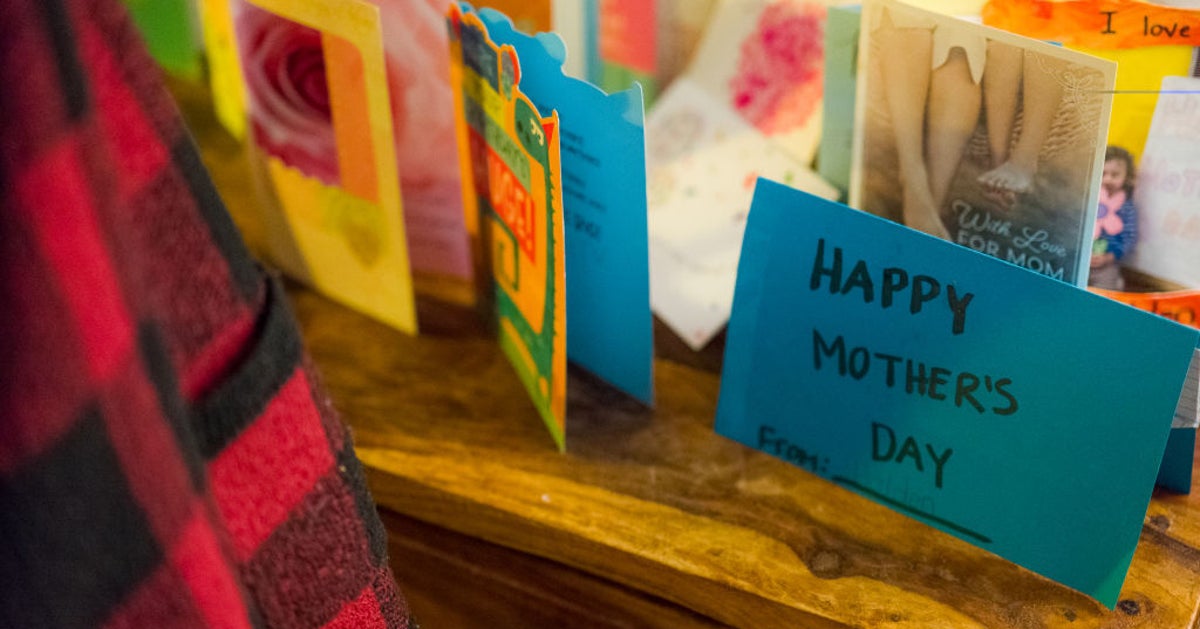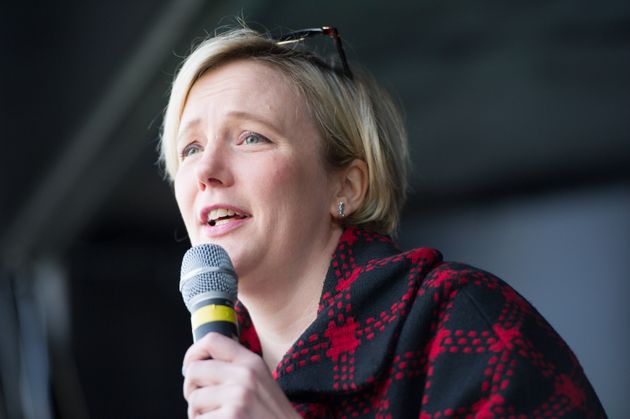
Whether explicit or not, many politicians rest their policies on mothers accepting the ‘mental load’ – the list of caring and logistical tasks that underpin day to day life. But as tech bros now dominate public life, its time this group of overworked and undervalued labourers rebel – and we address the damage inequality is doing according. It’s time for mothering Independence Day.
The narrative that mothering should be difficult is so ingrained we rarely question it. There’s few other roles with so many memes dedicated to celebrating ‘struggle and juggle’ and in doing so failing to liberate those at the sharp end.
Advertisement
Yet the motherhood penalty pockmarks society, damning women to frustrated lives, men to outdated gender stereotypes and ultimately harming economic growth.
The very capacity to carry children means women face discrimination from employers fearing maternity rights obligations – a risk that will harden with the Employment Rights Bill, which improves maternity protection but not paternity rights, so reinforcing the notion its ‘ladies who do babies’.
Have a kid and say goodbye not just to your beach body but your pay packet and credibility at work. As Joeli Brearley argues: “Men get pay rises and promotions when they have kids.. women get pay cuts and demotions when they become a mother.”
Advertisement
In 2023 the pay gap between mothers and fathers was 24% per hour. Mothers are considered less competent and committed, especially in contrast to fathers. Politicians currently compete to bang the drum that somehow being present in the office is what makes you work. Challenging the time lost trying to combine nursery or school gate pick ups and commuting or office timetables is seen as woke, not wise.
“Get a nanny” cry commentators – as if wanting to spend time with your child in person is indulgent – yet the UK has some of the most expensive childcare in the world. The Tories crashed an already-stretched system by pushing up demand without providing the funds to properly increase supply.
Costs are still rising, with those on the lowest incomes least likely to be able to access it at all. We may have rights to flexible working, but flexibility isn’t spontaneity. In my own workplace they expect parents to plan childcare on a weekly basis, as if nursery places or childminders exist on tap.
Advertisement
Despite the legion of economic and social benefits, this critical economic infrastructure takes second place to debating AI and the mythical possibilities of technology.
Most mums also know the soft discrimination of being cut out because they can’t drop everything – and the gritted teeth when others try to ‘solve’ childcare for them. From those who expect you to treat your children as if they are puppies who can be left with a stranger to those who say you should “enjoy your time off” during school holidays.
It is not by accident that saying no is seen as ungrateful. The discourse that goes with motherhood is designed to reinforce rather than shatter patriarchy – if we want change we should focus on reshaping this environment, rather than forcing mums to make outdated ways of working acceptable in the first place.
Advertisement
Everywhere you look motherhood is associated with risk, not reward. Up to 60% of women who experience domestic abuse do so during pregnancy and 65% of maternity units have been judged not fit for purpose. Make it home and women are still working – globally doing three-quarters of the world’s unpaid work, equating to 11 billion hours a day and three times more than men.
Of course, money makes a difference to this – meaning those on the lowest incomes, single parents, the disabled or those from minority communities, are even more shut out of the conversation.
Freeing mums up from these pressures may not a topic for progressives, but its clear that defining our duties is a must for the authoritarian right. UK politics is again being flooded with tropes about family, as women’s bodies are the battlefield for their culture wars.
Advertisement
Whether calls for restrictions in access to abortion to the suggestion the best mums want to stay at home as ‘trad wives’ whilst men “sacrifice themselves” in offices. Handwringing about the show ‘Adolescence’ bemoans the lack of fathers and how a mother cannot be ‘enough’ – as others claim feminism created a situation where our sons have been overlooked altogether.
Mums don’t need more memes about how we’re doing great. We need a revolution. Not just to be seen, but heard and valued for both our parenting and our political contribution. That requires not just better maternity care, investment in childcare, or equal parental rights.
With women increasingly recognising the raw deal offered to mothers, we need a national plan for ending the motherhood penalty. Its time to stand up for mothers and speak up for what they are capable of before the Handmaids Tale becomes a documentary, not a satire.
Advertisement
Stella Creasy is the Labour MP for Walthamstow





